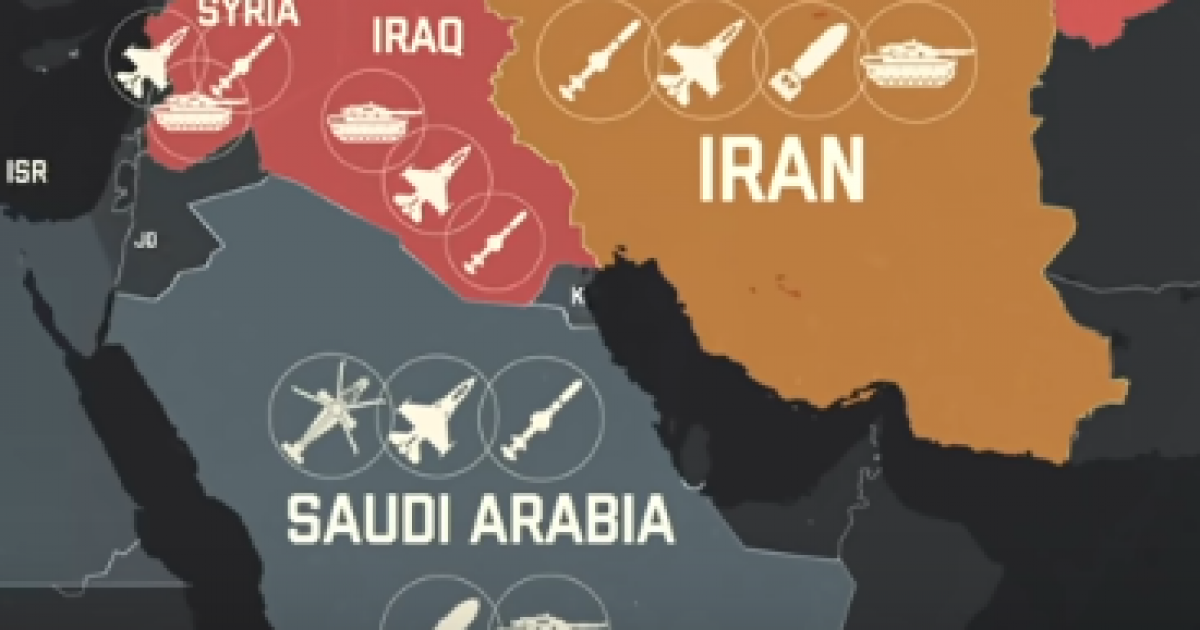
According to a new report from the Center for International (CIP), the United States was the top arms supplier in the Middle East and North Africa during the period of 2015 to 2019. In total, the U.S. supplied 48 percent of the region’s weapons. When combining American weapons with those supplied by Western allies, almost three-quarters of the weapons supplied to this area in the aforementioned period came from the West.
The U.S. led the way in arms supplies, and it wasn’t even close. Russia came in second place at 17 percent. Dave DeCamp of Antiwar.com noted that the “next four leading suppliers were France with 11 percent, the UK at five percent, Germany at five percent, and China trailed behind exporting three percent of the region’s weapons.”
Saudi Arabia was the largest recipient of weapons shipments. The Arab Kingdom received 30 percent of the weapons shipped to the region. 74 percent of the weapons sold to Saudi Arabia originated from the U.S. America is the country that provides the most weapons to Gulf countries.
According to CIP study, those promoting these arms sales justify them on the grounds that the sales are a “force for stability, a way to cement alliances, a way to counter Iran, or, more generally, as a tool for creating a balance of power that makes conflict less likely.”
DeCamp observed some uncomfortable facts about these sales:
While US officials invoke the Iranian threat to justify arms sales to countries like Saudi Arabia and the UAE, the reality is, these weapons are mostly used to kill civilians in Yemen and end up in the hands of groups like al-Qaeda.
Besides Yemen, US arms have fueled wars in countries all across the region, in Libya, Egypt, Iraq, and Syria, to name a few. The study found that US arms often end up in the hands of opposing sides in these conflicts.
Although the Trump administration has made the right noises about getting the U.S. out of foreign quagmires, its actions a leave to be desired as far as wholesale troop reductions are concerned.
The rise of Iran (largely the product of the U.S.’s misguided Iraq intervention which created a power vacuum), has naturally created a balancing coalition of Arab countries and Israel. As a result, the U.S. does not need to be as involved in the Middle East. The region is a perennial powder keg and should be left to solve its own problems. In sum, the U.S. needs to go through a geopolitical reset where it retrenches and only focuses on foreign policy within the Western Hemisphere instead of policing the rest of the world.



